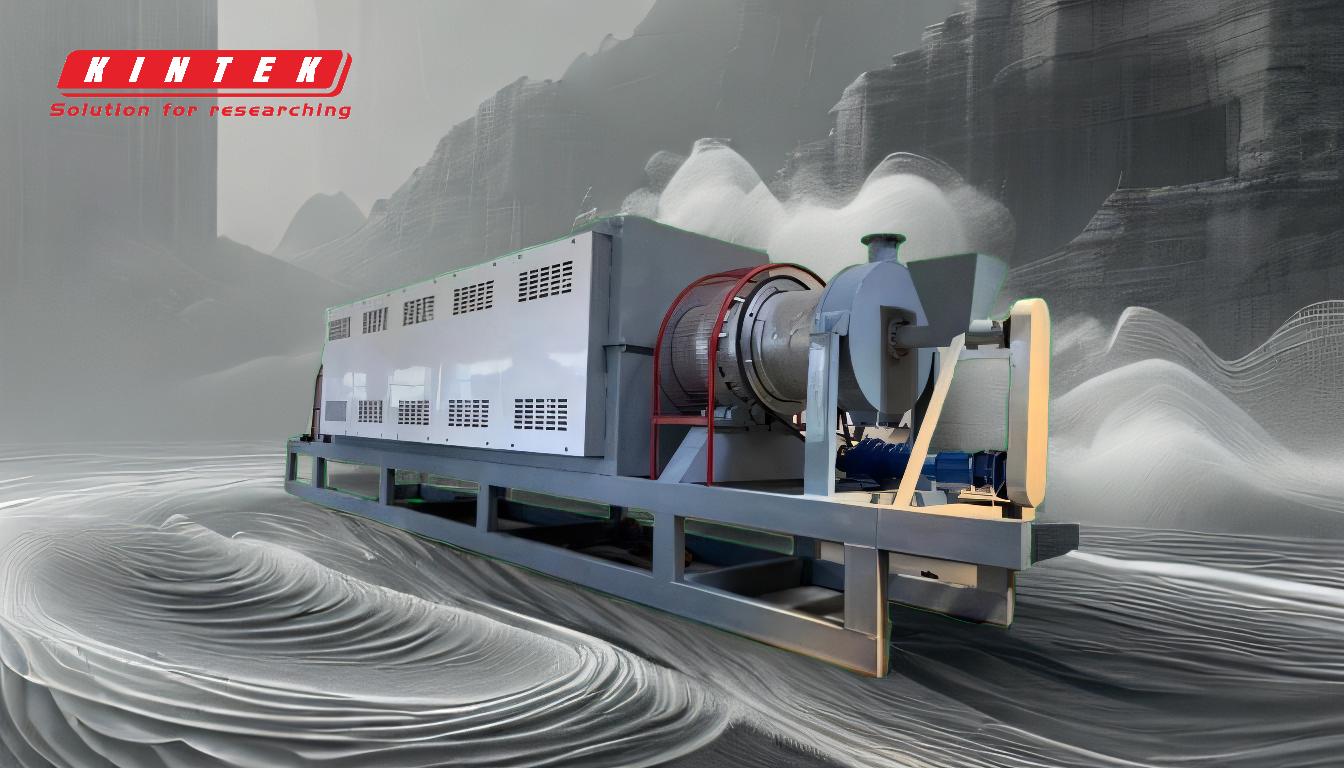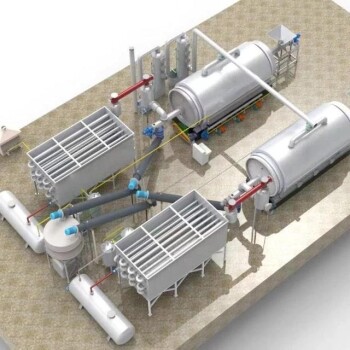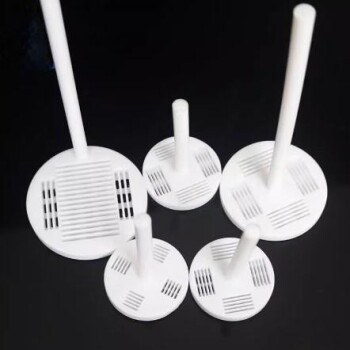Waste tyres can be transformed into a variety of valuable products through recycling and pyrolysis processes. The primary outputs include pyrolysis oil, carbon, and hydrocarbon gas, which are used in industries such as energy production, construction, and manufacturing. Additionally, waste tyres can be processed into ground rubber, fuel, and materials for civil engineering applications like asphalt and concrete. Some innovative uses include garden mulch and eco-friendly building materials. These recycling methods not only reduce environmental waste but also create sustainable alternatives for industrial and consumer applications.
Key Points Explained:
-
Pyrolysis Products:
- Pyrolysis Oil: Comparable to light diesel oil, it is used in industries such as boiler companies, rolling mills, casting industries, and asphalt plants. This oil serves as an alternative fuel source, reducing reliance on fossil fuels.
- Carbon: Derived from the pyrolysis process, carbon is utilized in the ink and cement industries. It acts as a reinforcing agent or pigment in various industrial applications.
- Hydrocarbon Gas: This gas can be reused for heating within the pyrolysis process or treated through wet scrubber systems to release harmless emissions into the atmosphere, ensuring environmental safety.
-
Ground Rubber and Fuel:
- Ground Rubber: Produced through grinding technologies (ambient, wet, or cryogenic processes), ground tire rubber (GTR) is used in applications such as hot melt asphalt, crumb rubber modifier, and recycled asphalt pavement. It enhances the durability and performance of these materials.
- Fuel: Waste tyres can be processed into fuel, providing an energy source for industries and reducing the need for conventional fuels.
-
Civil Engineering Applications:
- Asphalt and Concrete: Recycled tyres are used as fillers in asphalt and concrete, improving material properties and reducing costs. This application is particularly beneficial in road construction and infrastructure projects.
- Polymeric Matrices: Waste tyres can be blended with thermoplastics, thermosets, or virgin rubber to create composite materials with enhanced mechanical properties.
-
Innovative Uses:
- Garden Mulch: Recycled tyres are used as bark mulch in garden beds to prevent water loss and weed growth. This application provides a sustainable alternative to traditional mulch materials.
- Eco-Friendly Buildings: Some environmentally-friendly buildings incorporate used tyres as construction materials, showcasing innovative and sustainable architectural practices.
-
Environmental Benefits:
- Waste Reduction: Recycling waste tyres significantly reduces the volume of non-biodegradable waste in landfills, addressing environmental concerns.
- Resource Efficiency: By converting waste tyres into valuable products, these recycling processes promote resource efficiency and sustainability.
In summary, waste tyres can be repurposed into a wide range of products, from industrial materials to innovative consumer applications. These recycling methods not only mitigate environmental impact but also create economic opportunities by transforming waste into valuable resources.
Summary Table:
| Product | Applications |
|---|---|
| Pyrolysis Oil | Boiler companies, rolling mills, casting industries, asphalt plants |
| Carbon | Ink and cement industries, reinforcing agents, pigments |
| Hydrocarbon Gas | Heating in pyrolysis, treated for harmless emissions |
| Ground Rubber | Hot melt asphalt, crumb rubber modifier, recycled asphalt pavement |
| Fuel | Energy source for industries, reducing conventional fuel reliance |
| Asphalt & Concrete | Road construction, infrastructure projects, improved material properties |
| Garden Mulch | Sustainable alternative for garden beds, prevents water loss and weed growth |
| Eco-Friendly Buildings | Construction materials for sustainable architecture |
Transform waste tyres into valuable resources—contact us today to learn more about sustainable recycling solutions!






